JANE – Interview with Robin Maxwell
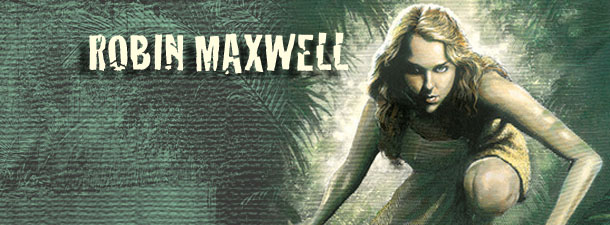

Everyone knows that famous Tarzan yell (and I would bet anything you are attempting an impression right at this very moment). Well, what about Jane? How much do you know about the love of Tarzan’s life? For the first time in history, a woman author writes the story of Tarzan and Jane. How do you top that? Robin Maxwell tells the story from Jane’s point of view. Robin’s much anticipated book JANE: The Woman Who Loved Tarzan will be swinging onto bookshelves in a matter of days. Join us in celebrating the 100th anniversary of the creation of Tarzan.
EV: Welcome to Entertainment Vine, Robin.
Robin: Thanks so much for giving me the opportunity to talk about my ninth novel. It’s a really important one because I’ve “jumped genres” for the first time in my writing career. While JANE is still set in an historical period and I had to do lots of research like I’ve always done, it’s as much “women’s fiction” as it is a “romance” as it is a rip-roaring adventure (how could it not be? It’s a Tarzan classic).
EV: Your latest novel JANE: The Woman Who Loved Tarzan will be released on September 18th. How did you come up with the idea of writing this story from Jane’s point of view?


Robin: Tarzan was my first heartthrob. After all, what girl wouldn’t crave the undying affection of a gorgeously muscled, scantily clad he-man (and an English lord at that) living free from the confines of civilization in a lush paradise? Though I’d read Tarzan comic books, I’d never dipped into a single Edgar Rice Burroughs novel. Yet Tarzan and Jane were as hard-wired into my fantasy life and consciousness as any characters in popular culture.
“Sheena Queen of the Jungle” was my favorite TV show. And who didn’t love the Johnny Weissmuller Tarzan films with the peppery sophisticate Maureen O’Sullivan as his “mate,” Jane. I waited breathlessly for the film “Greystoke,” but was sorely disappointed by the filmmakers decision to keep their Jane (Andie MacDowell) from setting foot in Africa till the last frame of the movie. By 1999 when Disney made their animated “Tarzan” I’d stopped caring, and didn’t even bother going to see it.
I’d just completed my manuscript of O, JULIET when the question arose as to the subject of my next novel. I’d had a ball with my take on Shakespeare’s “Romeo and Juliet,” fleshing out the characters, their world and families, and expanding the timeline from three days to three months. Riding down the road one day with my husband, Max, he wondered if I might want to choose another pair of literary lovers rather than historical characters. When I told him I liked the idea he asked who they would be. Not three seconds passed before I blurted out, “Tarzan and Jane!”
“Where did that come from?” Max wanted to know. At the time I had no memory of Sheena or the old Weissmuller/O’Sullivan movies, but the images must have been bubbling in the depths of my subconscious just waiting to erupt like magma from a dormant volcano. The more I thought about it, the better the idea became.
EV: You are the first woman to write a novel about Tarzan and Jane. Were you aware that this was uncharted territory?
Robin: Actually, no. I knew next-to-nothing about ERB’s novels (twenty-four of them) when the idea popped into my head. It was more about writing the book from a woman’s perspective than anything else. It wasn’t until I met with Jim Sullos, the president of the Burroughs estate and he filled me in on the history of the Tarzan books that I realized how few novels by writers other than Burroughs (of either sex) had been authorized. Unauthorized ones without the ERB copyright and trademark might get as far as bookstore shelves, but the estate would swoop in and have them removed. They were simply closed to the idea of adding any more books to the legacy. Jim told me that if I’d pitched the idea even the year before, I’d have had the door slammed in my face. New leadership at the company had only recently determined that the Tarzan legacy needed invigorating. It was then that I realized the luck of my timing and the very good fortune of being the very first woman allowed to tread on such hallowed ground.
EV: The beloved Jane Goodall celebrated your book as:
Finally an honest portrayal of the only woman of whom I have been really, really jealous. What a wonderful idea to write this book. Now I am jealous all over again!
What went through your mind when you heard this statement?
Robin: I wasn’t thinking at all while I was shrieking with joy and disbelief, reading that blurb because Jane Goodall has for so long been my real-life (and still living) heroine. The endorsement was incredibly difficult to get because she travels three hundred days a year. I’d actually given up hope of getting a quote at all. I knew that she considered Burroughs’s Jane “a wimp” and that she believed that she would have made a far better mate for Tarzan than the Jane Porter of the ERB novels. So for her to say what she did about my book — calling it an “honest portrayal” and using the word “jealous” twice…well, I thought I’d died and gone to Heaven.
EV: Edgar Rice Burroughs created Tarzan a century ago and now has generations of fans. What is it about the primitive side of human nature that fascinates us still to this day?
Robin: I think the primitive side of human nature is less about our fascination with it than it being hard-wired into each and every one of us. There’s a part of the brain called the limbic system which is sometimes called our “lizard brain.” I believe we’ve been so anesthetized by layers and layers of civilizing effects and intellectual armoring in our everyday lives that we are shielded from experiencing our primordial self. But when we rip into a juicy sparerib, have wild sex or enjoy a profound connection to nature (communing with an animal, swimming in a lake, river or ocean, even hike in the wilderness) that ancient part of our brain reasserts itself. We catch glimpses — body and soul – into the primitive side. We either revel in these feelings and abandon ourselves to them, or become uncomfortable and “pull ourselves together.” Strap on the armor.
The Jane in my novel comes from one of the most uptight times and societies in history, but she is an aberration. Even before she leaves for Africa Miss Porter is a tomboy who rides horses hard and rough-houses with her hounds. She knows how to swim, not just “bathe” like proper young ladies do, and she understand human anatomy. Because of the circumstances of her meeting Tarzan, they are on incredibly intimate terms immediately. So of all the women in the world she is, perhaps, the best-suited to revert to her primordial self and go wild with Tarzan in his jungle Eden.
EV: Sometimes Jane is portrayed as a ‘too smart for her own good’ character. What can we expect from your Jane?
Robin: I have to say that my Jane is the most “too smart for her own good” Jane ever written (or portrayed in the movies). Of course when this phrase is employed referring to women, it’s incredibly sexist. My Jane is far too intelligent, outspoken and ambitious for her time, but she wasn’t altogether alone. By this time such females were known as “New Women,” and it was believed that if there were enough of them they might actually bring down the British Empire. Happily, my Jane had role models — female explorers and adventurers like Mary Kingsley, Annie Smith Peck and Lady Jane Digby, and she voraciously read of their exploits. But her presence on the African expedition that stumbled on Tarzan would never had been possible without her extraordinary father, Archie Porter — a professor of anatomy at Cambridge University and an “enthusiastic amateur” in the field of paleoanthropology. He’s a progressive thinker who not only believes in women’s higher education, but depends on his daughter to assist him in his studies.
EV: Would you share a little about the importance of having strong female characters versus the more common ‘damsel in distress’?
Robin: I’ve been writing strong women ahead-of-their-time for so long now that I can’t imagine having a damsel in distress as a protagonist. The gutsy women (there were so many of them in history), besides being so much more interesting to write about, are the role models for future generations. More than ever, people — men and women alike — need to be strong to survive in this world. We all need to learn to stand on our own two feet, move forward fearlessly, practice kindness and compassion, and accomplish something in our life. That “something” can be anything from bringing up a child well to making a beautiful garden out of your backyard or rooftop, to teaching, to having a high-powered career, to making art, to rescuing animals. I hope that my heroines, whether real-life or fiction, inspire men as well as women to aspire to their personal best or perhaps to greatness. If you want to hear about eight hundred of the greatest sung and unsung females in history, read my dear friend Vicki Leon’s four volumes of UPPITY WOMEN (of The Ancient World; The Middle Ages; The Renaissance and The New World). They’re brilliantly researched and laugh-out-loud funny.
EV: Your previous books display a perfect blend of history mixed with fiction. How did you come up with this formula of storytelling? Do you begin a project by studying the historical elements, or with the emotional side of the characters?
Robin: Generally I find a female historical figure with a good story. I always look for “an angle,” since many of my women have been written about numerous times. A good example is SECRET DIARY OF ANNE BOLEYN, about Elizabeth I and her mother, Anne Bolyen. There had been countless renditions of both of them, but I discovered in my research that no historian had ever linked the two of them in any more than a single paragraph. Now here was a daughter who, by the age of twenty-five when she became Queen of England, had not spoken her mother’s name for twenty years, so tarnished was Queen Anne’s reputation (adulterer, whore, witch, traitor). Yet within a few years of taking the throne Elizabeth began wearing a locket with her mother’s miniature in it, and started honoring the Boleyn relatives that had made it through Henry VIII’s bloody reign alive. I asked myself: “Why did Elizabeth have that 180° change of heart? Had she learned something about her mother that caused the shift? Had she learned the truth about Anne? What is the best way to discover the truth about someone? Read their diary! People don’t lie in their diaries. So I “wrote” Anne Boleyn’s diary and put it in Elizabeth’s hands just after she’d taken the throne. Reading it changes the course of Elizabeth’s life.
Or I find a fabulous female character that no one has heard of, like Grace O’Malley — the Pirate Queen who was Elizabeth I’s rival, but most importantly the “Mother of the Irish Rebellion.” Massive research into the women’s parallel lives produced one of my proudest creations, THE WILD IRISH.
In the case of SIGNORA DA VINCI I began by wishing to write about Leonardo da Vinci, the most brilliant and fascinating man in history…but my publishers wanted a book from a woman’s point of view. Leonardo didn’t have a wife, a daughter, a mistress or a sister. He, of course, had a mother, but history tells us next-to-nothing about Caterina of Vinci. There’s loads to read about Leonardo and 1,080 pages of his own writings on every imaginable subject. There’s also scads of material about the Italian Renaissance, Florence, the Medici family, other artists of the period like Botticelli, as well as the great philosophers. So I “extrapolated” the character of Caterina from the facts that I DID know, particularly about Leonardo – but largely out of thin air, and once again SIGNORA DA VINCI is one of my favorite and most satisfying creations.
EV: How long does it typically take you to research and write a first draft?
Robin: Anywhere between four months to eighteen months. The shorter books are generally ones for which I’ve done research in the period and/or about the characters (like THE VIRGIN ELIZABETH; TO THE TOWER BORN and O, JULIET). Some just about write themselves.
EV: Do you have a special way to recover from writer’s block?
Robin: That one’s easy. I always write a book from a detailed outline, chronologically. If I find that I’m stuck on a particular chapter for any length of time, I just stop writing it. I look ahead to a place in the outline that I’m really excited about and go to work on that. I might leave the “blocked part” till the very end. This has never failed to solve my writers block. I’ve learned that places I bump up against and have to skip over are scenes and chapters that involve violence, particularly against women.
EV: What advice would you give writers who are working toward publishing their first book?


Robin: In this climate, only pursue getting a book published if you cannot live without writing. I could no more stop storytelling than I could stop breathing. If you enjoy writing, then by all means write. But things have gotten so difficult in the publishing world that you must want your book published as much as life itself if it’s not going to be a monumental waste of your time and lifeforce. If you go forward, start developing a very, very thick skin. These days, even the best (and bestselling) authors face scathing rejection and disappointment some of the time. It was much easier to get published fifteen years ago when I got started. Even then, SECRET DIARY was rejected by thirty-six publishers. The mega-bestselling author Michael Connelly told me (after I’d bragged about my rejections) that he’d had a hundred and twenty-three agents turn down his first manuscript! The good news today is that if you cannot find a “legacy publisher,” you can self-publish to eBook. There are loads of stories of successes in that arena. In fact, I’m considering self-publishing myself.
EV: You host a “Book Club Weekend Getaway” in the California desert. What can guests expect from their weekend with you?
Robin: I believe this is a first. So many women enjoy their afternoon a month with their book clubs, but imagine a whole weekend away in a high desert paradise. There are majestic vistas, perfect quiet, wildlife abounding, the Milky Way at night, five-star accommodations, gourmet meals, a magical mystery tour to a natural “Disneyland for adults,” and a touch of yoga from one of the great American yogis (my husband, Max Thomas). Add to this a long leisurely discussion one morning about a great book that you’ve already read (perhaps mine, perhaps from another fabulous author), and the next morning a peek inside the dynamic (some say chaotic) but always exciting world of publishing. Bring your entire book club or become part of a new group created especially for the weekend. You can find out more about the “Book Club Weekend Getaway” at www.highdeserteden.com, or about additional nearby lodgings (all friends and neighbors of ours) at www.DestinationPipesCanyon.com.
EV: Would you tell our readers how they can participate in the ‘You Tarzan, Me Jane’ contest?
Robin: This is an incredible opportunity for two exquisite male and female models to become the newest jungle lovers, Tarzan and Jane! If chosen, you will be featured as the face of my novel, JANE: THE WOMAN WHO LOVED TARZAN as the STARS of my Hollywood book signing at Book Soup on September 21, 2012. Winners will be chosen by an elite celebrity judging panel. To enter, please send photos in swimsuit or “jungle wear” to: <youtarzanmejanecontest@gmail.com> or contact Eileen Koch & Company Inc. (310) 441-1000, or eileen@eileenkoch.com
EV: One last question, if you were stranded in the jungle what is one necessity that you could not live without?
Robin: I’m tempted to say “insect repellant,” but my primordial self would have to answer “food and water.”
EV: Thank you for taking the time to discuss Jane: The Woman Who Loved Tarzan with us today.
*For more information on Robin please visit her official site www.robinmaxwell.com and pick up your copy of JANE on September 18th. You can also follow Robin on Twitter and Facebook.
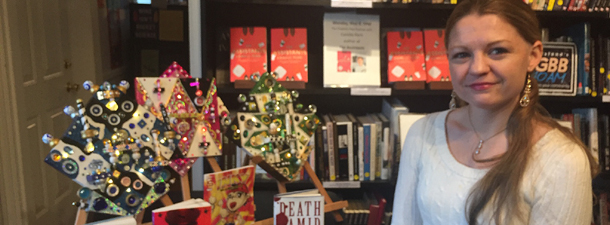
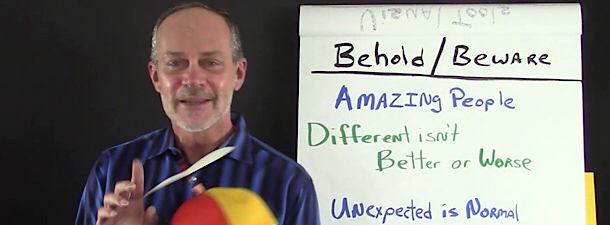
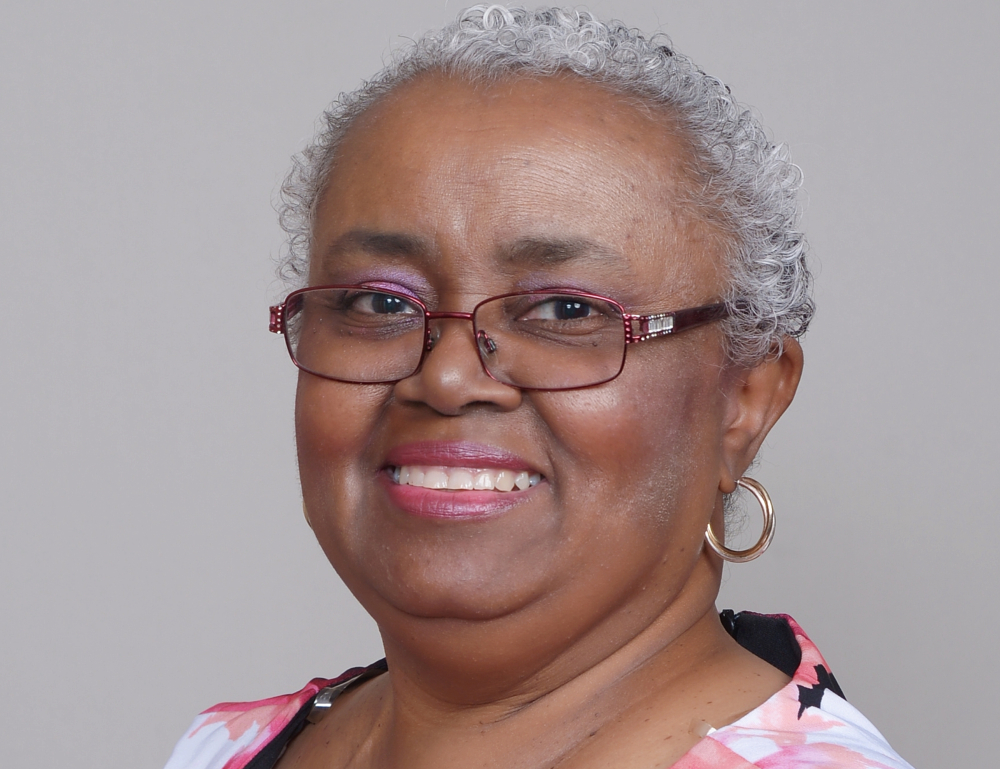
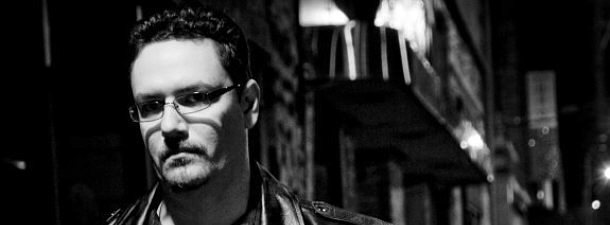
One Comment